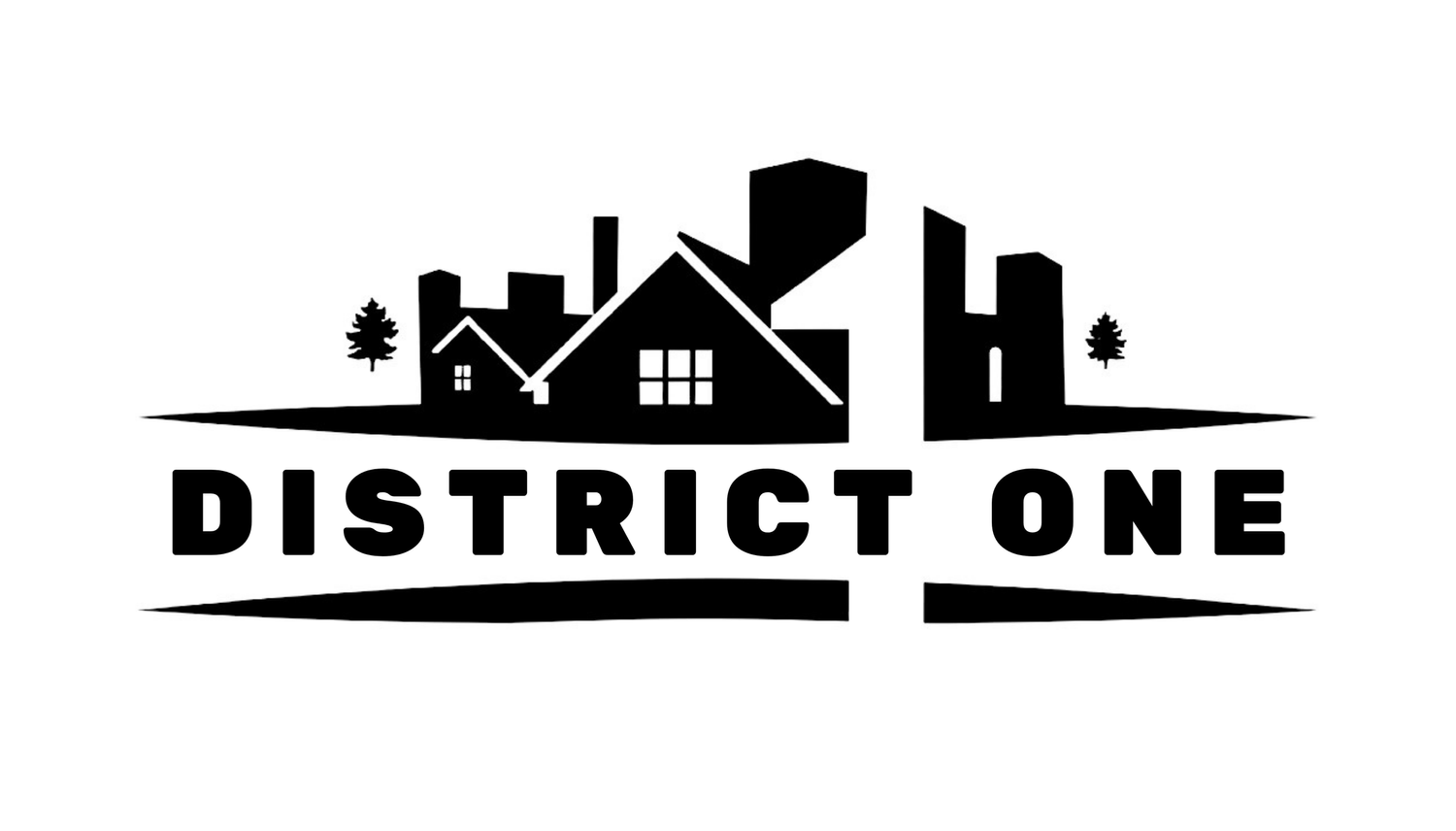FAQs
What is the first step of the home buying process?
Getting pre-approved for a mortgage is the first step. You’ll need to know how much you can borrow from a mortgage lender to narrow down homes listed within your budget. Contact us today for mortgage lender referrals in your area to better suite your individual needs when the time comes.
What kind of credit score do I need to buy a home?
Most loan programs require a FICO score of 580-620 or better but not always. Borrowers with higher credit scores represent less risk to the lender, often resulting in a lower the down payment and a better interest rate. Conversely, home shoppers with lower credit scores may need to be prepared to put more money down (or accept a higher interest rate) to offset the lender’s risk. Credit scores requirements are different for each potential borrower. Contact us today to help walk you through the process.
How long does it take to buy a home?
Once the home is selected and the offer to the seller is accepted, it usually takes an average of 30 days to complete the escrow period (finishing/closing). However, well-prepared home buyers have been known to purchase properties faster than that.
How much money do I need for a down payment?
Restrictive programs such as VA and USDA loans can be made with zero down but require strict specifications to be met. VA loans are restricted to military service members. USDA loans are only available to low to-middle income buyers in USDA-eligible rural areas. FHA loans require a small percentage down opposed to zero down. Down payment requirements vary from client to client. To better assist you in being prepared, reach out to one of our team members to better assist you.
How much do I have to pay an agent to help me buy a house?
Agents who represent buyers (a.k.a. buyer’s agent) are compensated by the listing broker for bringing home buyers to the table. When the home is sold, the listing broker splits the listing fee with the buyer’s agent. Therefore, buyers don’t pay their agents.
What is earnest money?
Earnest money is made in good faith to demonstrate - to the seller - that the buyer’s offer is genuine. Earnest money essentially takes the home off the market to anyone else and reserves it for you. The check (or money order) is deposited in a trust or escrow account for safekeeping. If a deal is struck, the earnest money is applied to the down payment and closing costs. If the deal falls through, the money is returned to the buyer. Ask our agents about ways to protect your earnest money.

